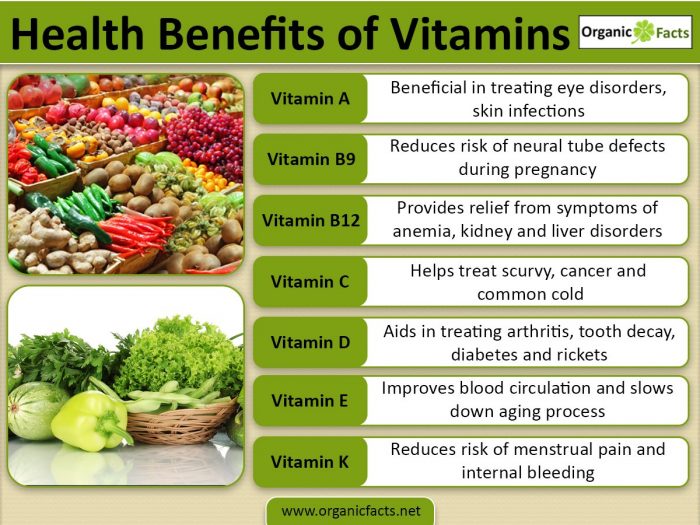Cancer, often likened to an insidious spider weaving its web in the shadows of our biology, elicits an innate desire to fortify our defenses. In the quest for protection against this formidable foe, many have turned to the allure of Vitamin C and E supplements, believing they can thwart cancer’s intricate machinations. However, emerging scientific evidence suggests that these vitamins, often celebrated for their antioxidant prowess, may not be the vigilant guardians they are purported to be.
Vitamins C and E, both heralded as powerful antioxidants, are akin to the knights of the realm. They gallantly charge into battle against free radicals—unstable molecules that can damage cells and potentially trigger cancerous transformations. Yet, the battlefield of cancer is complex; it is strewn with various factions, each requiring tailored strategies for defeat. Recent studies have illuminated that while antioxidants do possess the ability to neutralize free radicals, their role in cancer prevention is far from straightforward.
Research has unveiled a paradox: the very antioxidants designed to protect us may inadvertently aid and abet cancer’s growth under certain conditions. For instance, high doses of these vitamins can sometimes prompt cancer cells to proliferate, like watering a plant that thrives in shadow instead of nourishing a withering one. Thus, the protective mantle that antioxidants promise can become a double-edged sword.
Furthermore, the notion of relying solely on supplements for cancer prevention is akin to attempting to construct a fortress with mere bricks, neglecting the architecture that holds it together. A balanced diet composed of a plethora of nutrients—fruits, vegetables, whole grains, and healthy fats—offers a far more robust bulwark against cancer than isolated supplements. Whole foods provide synergistic benefits that isolated vitamins cannot replicate, offering a holistic approach to health that is often overlooked.
Despite their limitations in cancer prevention, Vitamins C and E are undoubtedly valuable players in the overall health symphony. Their contributions to immune function, skin health, and collagen production cannot be understated. However, individuals looking to safeguard their health should pivot their focus from singular nutrients to a more comprehensive lifestyle approach, emphasizing a varied diet, regular exercise, and prudent health screenings.
As we navigate the labyrinth of health information, it is crucial to discern fact from fiction. The allure of Vitamin C and E supplements in cancer prevention may be compelling, yet they are not panaceas. True wellness resides in the harmony of a well-rounded diet and lifestyle choices, creating a resilient barrier that cancer’s cunning spider might struggle to penetrate.
